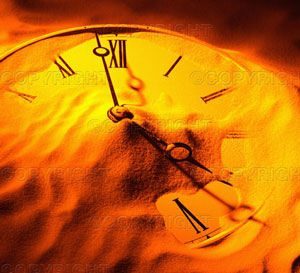 A nomenclature is the set of terms that make up an area of knowledge. This word derives from Latin, specifically from the union of the words nomen and calare (nomen means name and calare means to call). In this way, if we pay attention to its etymological meaning, the nomenclature is the name of things and normally refers to the vocabulary of a subject. In this way, any subject has a defined terminology, with its specific terms, its formulas, its particular meanings, etc.
A nomenclature is the set of terms that make up an area of knowledge. This word derives from Latin, specifically from the union of the words nomen and calare (nomen means name and calare means to call). In this way, if we pay attention to its etymological meaning, the nomenclature is the name of things and normally refers to the vocabulary of a subject. In this way, any subject has a defined terminology, with its specific terms, its formulas, its particular meanings, etc.
As a coherent system of words within an area of knowledge, the nomenclature allows the systematization of said knowledge and the establishment of a logical order.
The chemical nomenclature
Although the term nomenclature is applicable to any science or knowledge, in the sphere of chemistry it has a special relevance, since the chemical elements present a defined order. The nomenclature of chemical compounds is nothing more than the way a chemical or compound is written. If we talk about carbon dioxide, its chemical name is expressed with the formula CO2. This is due to a series of international rules by which chemists refer to different substances.
In chemical formulas, positive and negative ions are used and both are expressed in the form of numbers, which are derived from the oxidation number of the different chemical elements (oxidation numbers are also known as valences). In this way, the chemical name of an element is the inverse of its formula (if the positive ion is written first in the formula and then the negative ion, the negative ion is written in the chemical name first and then the positive one).
Nomenclature in the context of the Soviet Union
During the period in which communism was in power in the Soviet Union, the term nomenklatura was coined to refer to the leaders of the country and all those people who were part of the administrative and bureaucratic system.
 Originally, the Soviets used the term nomenclature in a descriptive way, since it referred to the different positions of the state. However, with the passage of time, the term was used in a derogatory sense, implying that those who were on the nomenclature list were part of an elite and, therefore, were privileged members of society.
Originally, the Soviets used the term nomenclature in a descriptive way, since it referred to the different positions of the state. However, with the passage of time, the term was used in a derogatory sense, implying that those who were on the nomenclature list were part of an elite and, therefore, were privileged members of society.
Obviously, the members of the nomenclature belonged to the communist party. This circumstance expressed an obvious contradiction, since Soviet communism advocated equality between people but in practice some elites (the members of the party that made up the nomenclature) had a privileged position.
Photos: iStock - PeopleImages / miss_pj









